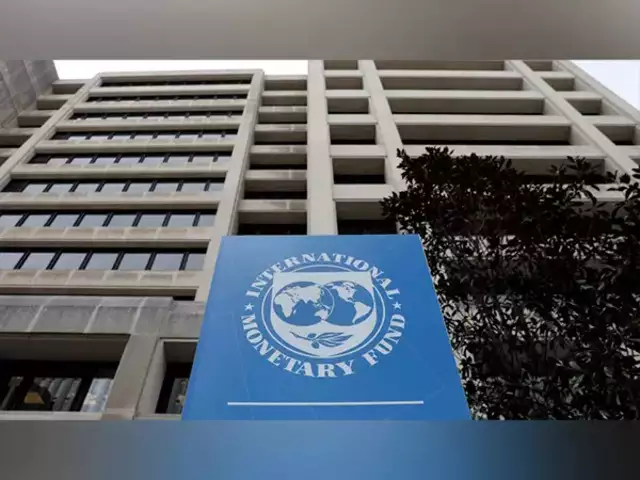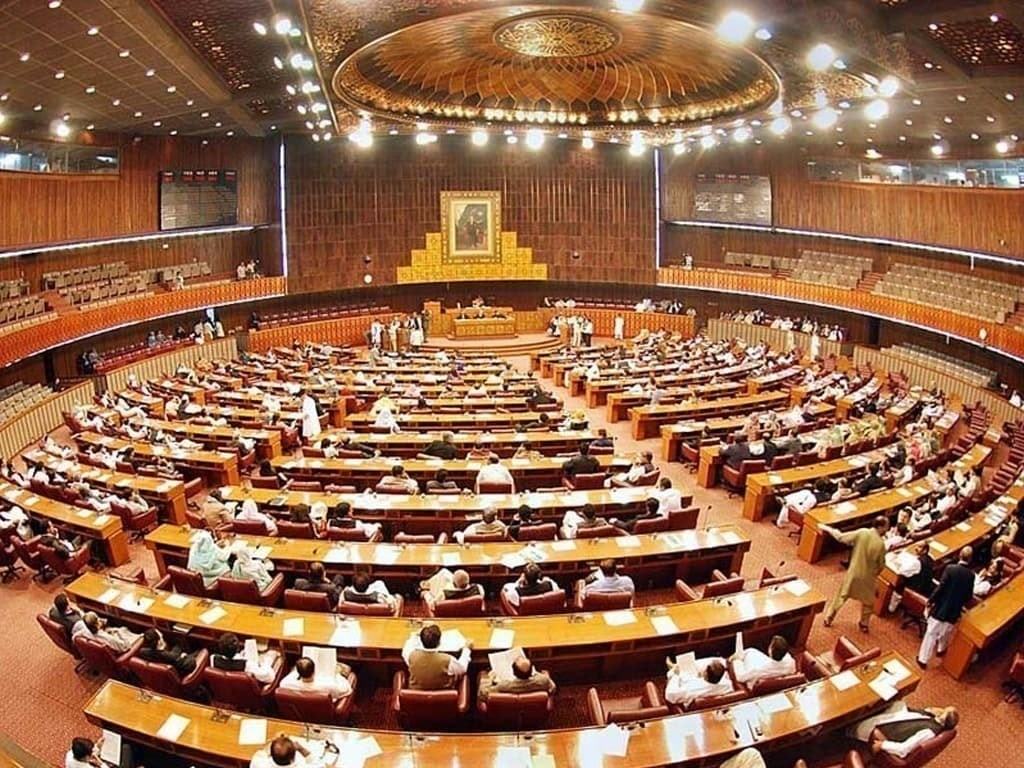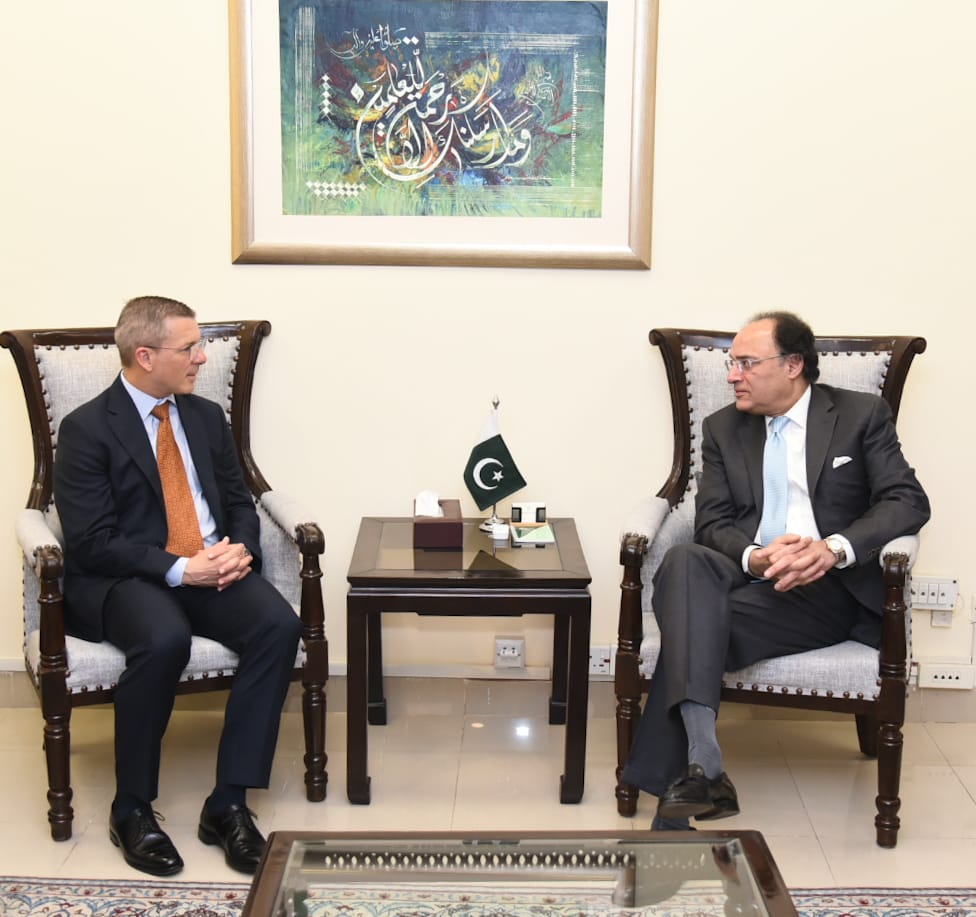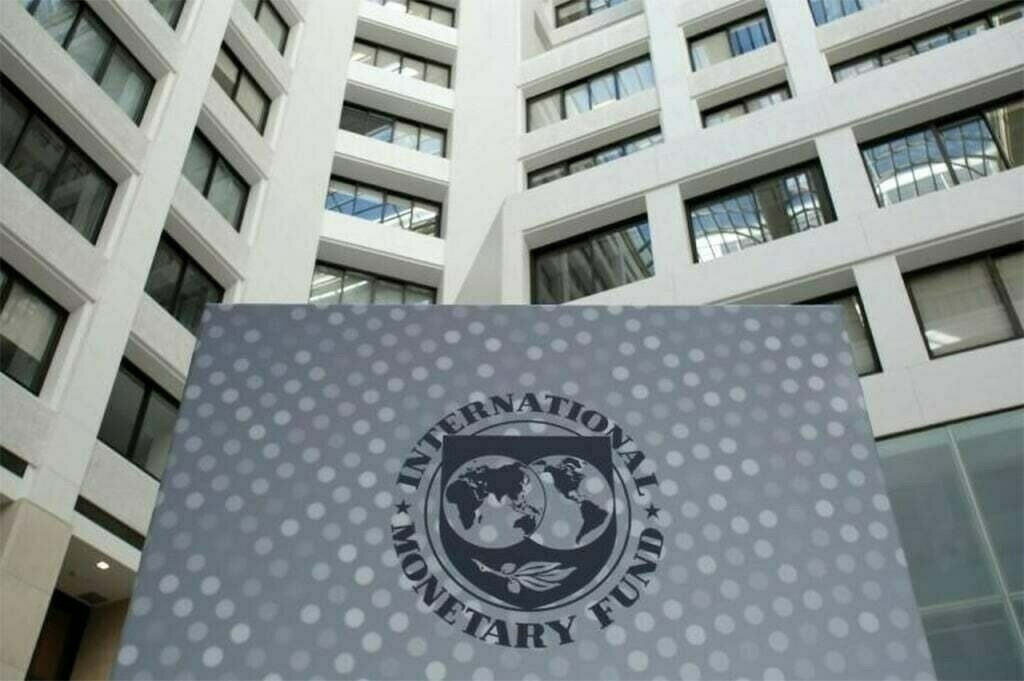PTBP Web Desk
The Government of Pakistan’s newly introduced reform package aims to address long-standing fiscal challenges, improve macroeconomic stability, and reform key sectors such as energy and state-owned enterprises (SOEs).
The announcement was made by Jihad Azour, Director of the International Monetary Fund’s (IMF) Middle East and Central Asia Department, during a press briefing. Azour emphasized that the package is designed not only to stabilize the economy but also to lay the groundwork for sustainable growth by tackling critical economic issues that have persisted for years.
Azour outlined the main objectives of the reform package, stressing that it aims to achieve fiscal sustainability by addressing key fiscal challenges. One of the primary goals is to increase the share of government revenues to reduce the budget deficit. This will involve enhancing the quality of revenue collection by addressing tax collection inefficiencies and revising special tax regimes that have historically undermined revenue potential. The government’s focus on improving tax policies is a vital step towards expanding the tax base and boosting revenue generation.
The package also aims to reform SOEs, which have been a significant drain on public finances. By restructuring these enterprises, the government hopes to level the playing field for the private sector, thereby attracting more foreign direct investment (FDI). The reforms will encourage a more export-oriented economy and facilitate additional private sector investment, enabling Pakistan to tap into new markets and bolster economic resilience.
According to Azour, the IMF’s projections indicate that Pakistan’s economy is set to grow by 2.4% this year, a marked improvement compared to the contraction of 0.2% last year. The growth rate is expected to further accelerate to 3.2% in the following year. This upward trend comes at a time when the country’s inflation rate is also showing signs of significant reduction. Inflation, which had soared to 29% last year, is expected to drop to 12.6% this year and further decrease to 10.6% by next year. The downward trend in inflation is attributed to the reform measures being implemented, including monetary policies aimed at controlling inflationary pressures.
Azour emphasized that the monetary policy reforms are playing a crucial role in supporting the broader economic strategy by tackling inflation and easing constraints on capital flows and exchange transfers. These measures are expected to enhance predictability in the market and reduce risks associated with the current account. The reform package aims to create a more stable economic environment, which will not only lower financing risks but also foster growth across various sectors of the economy.
The reform package includes targeted measures for critical sectors such as energy and SOEs. Pakistan’s energy sector has long faced issues such as inefficiencies, outdated infrastructure, and circular debt. The reform initiatives are focused on improving energy sector governance, increasing efficiency, and attracting private investment. Addressing these issues will help reduce the fiscal burden on the government and make energy more affordable and accessible for consumers and businesses alike.
Reforming SOEs is another priority under the reform package. Pakistan has numerous state-owned entities that are currently operating inefficiently, leading to substantial financial losses. By restructuring these enterprises, the government aims to improve their financial performance and operational efficiency. The goal is to make SOEs financially viable while opening the door for increased private sector involvement. This will allow for better utilization of resources, improved service delivery, and greater competition in the market.
Another key aspect of the reform package is the effort to enhance Pakistan’s business environment. The government recognizes that a conducive business environment is essential for attracting both domestic and foreign investment. Reforms in this area will focus on simplifying regulatory frameworks, ensuring the ease of doing business, and protecting investors’ rights. These measures are expected to encourage entrepreneurship, stimulate economic activity, and ultimately lead to job creation.
The IMF official noted that improving the business environment will also have a positive impact on FDI. By creating a level playing field for private enterprises and reforming SOEs, Pakistan will be better positioned to attract foreign investors. The government’s commitment to economic reforms sends a strong signal to the international community that Pakistan is serious about making the necessary changes to foster a business-friendly environment.
The reform package’s success also hinges on the effectiveness of monetary policy, which has been adjusted to align with the broader economic strategy. The central bank’s measures to manage inflation and ease restrictions on capital flows are key components of the stabilization process. Easing constraints on exchange transfers and capital mobility will help create a more predictable economic environment, which is essential for reducing risks associated with the current account deficit.
The IMF expects that these monetary policy adjustments will complement the broader structural reforms, providing a holistic approach to economic stabilization. By addressing both fiscal and monetary challenges, the government aims to lay a solid foundation for sustainable growth, while reducing the economy’s vulnerability to external shocks.
The reform package’s comprehensive approach aims not only to stabilize the current economic situation but also to unlock Pakistan’s growth potential. By focusing on fiscal sustainability, sectoral reforms, and improving the business environment, the government is taking significant steps towards a more resilient and competitive economy. The package includes plans to make the economy more export-driven, attract higher levels of FDI, and reduce the fiscal burden on the government.
For these reforms to achieve their desired outcomes, consistent implementation and policy continuity will be crucial. The government’s efforts to ensure macroeconomic stability, coupled with targeted reforms in key sectors, have the potential to transform Pakistan’s economic landscape. However, continued support from international institutions like the IMF will also play a vital role in providing financial assistance and technical guidance to help the country navigate this transition.




